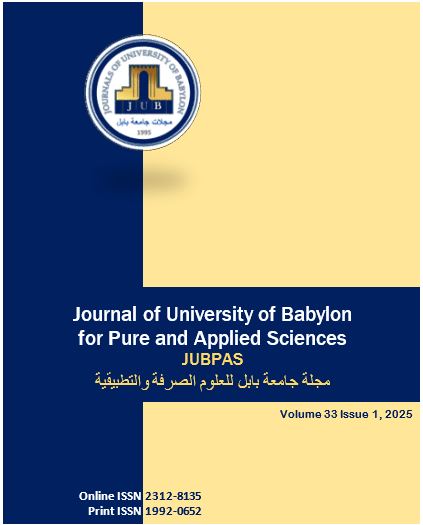Assessing the Impact of Phishing Attacks on Organizational Security and Mitigation Strategies
Main Article Content
Abstract
Background:
Phishing attacks have become a serious threat to enterprise security, exploiting our human vulnerabilities to gain access to sensitive information. Especially in critical sectors such as finance, healthcare, and technology. The primary objective of this study is to delve deeply into the financial, operational, and reputational consequences of these malicious attacks. It will also measure the effectiveness of various strategies aimed at thwarting them.
Methods:
The scientific and practical approach of this research is to conduct a series of multiple trips on different routes to collect information from employees and officials. It's analyzed using advanced machine learning algorithms(SVM), which carefully dissect the data to reveal rich insights. These results highlight the effectiveness of large number of anti-phishing strategies, providing clearer picture how to protect against deceptive threats.
Results:
Employees trained in security awareness have seen significant 30% reduction in their exposure to attacks. Meanwhile, AI models that leverage powerful natural language processing techniques, including BERT and GPT-3, have been shown achieve 90% accuracy in detecting phishing scams. Even more impressive, AI-based systems designed to combat this type of threat have an astonishing 85% accuracy.
Conclusions:
Combining security awareness initiatives with AI technologies and psychological insights can reduce phishing threats. Research confirms that ongoing training with AI-powered detection systems improves detection accuracy and enhances overall security.This holistic philosophy is critical for organizations to reduce their exposure to phishing attacks and enhance their resilience to cyber threats.
Article Details
Issue
Section

This work is licensed under a Creative Commons Attribution 4.0 International License.
